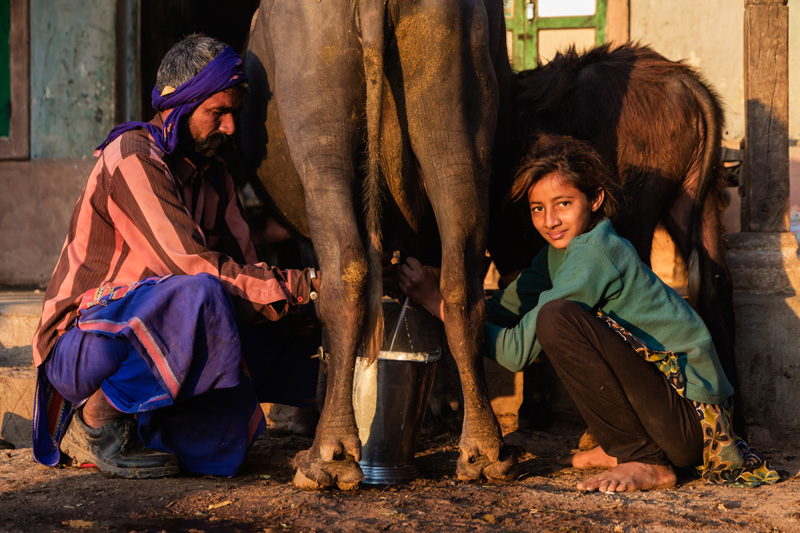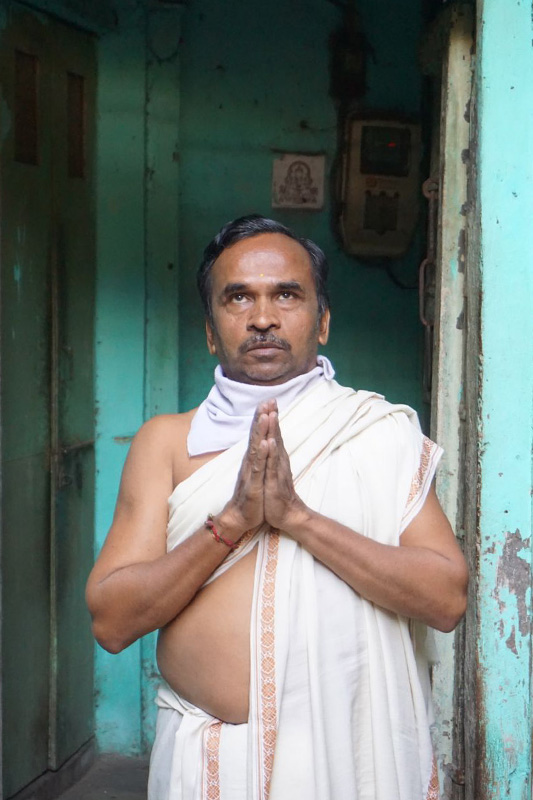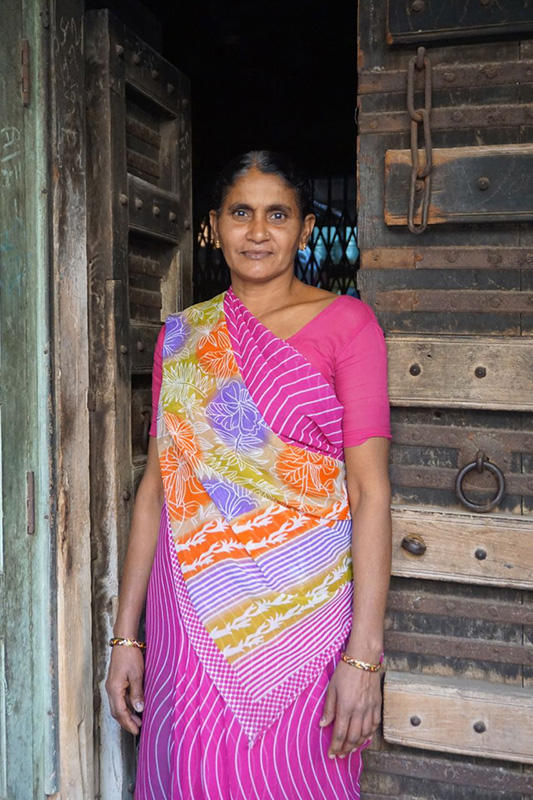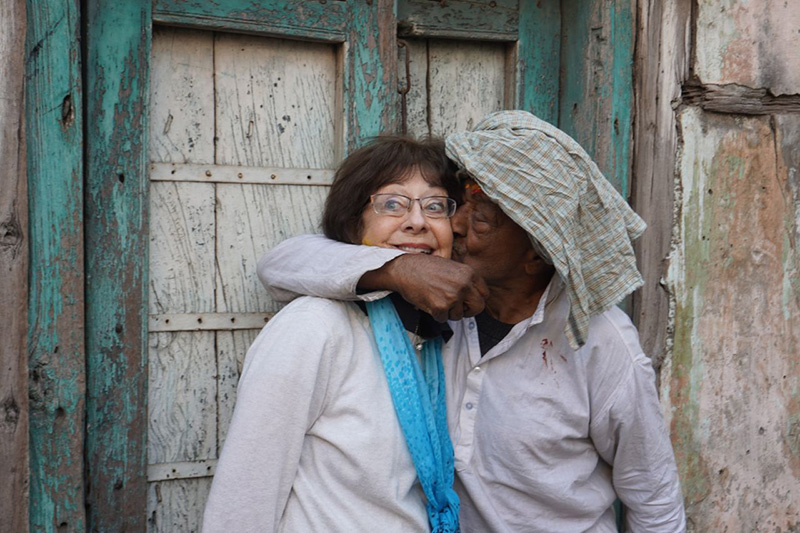I find the use of language in India fascinating. The other afternoon as I was roaming around the kite market in Ahmedabad shooting the kite string makers, kite makers and boys mixing the glass powder to coat the strings, numerous people asked me from "from where do I belong". That can be translated to "what country are you from". That sense of belonging to a village, town, city or country gives people in India a collective identity. So many of the warm and welcoming people that I have encountered here in Gujarat have inquired where I am from, and immediately asked me how I liked India. When I respond that I love being here, their emotional, and at times physical embrace, gives me a case of travelers delight. These people are proud of their place and I don't sense it in a nationalistic way but in a spiritual way. They belong to India, and while I am here I feel that spiritual, physical attachment as well
It is seven o'clock in the morning and the group of 11 photographers arrives in a the hamlet of KhodiyarNagar. It is not a place foreign travelers will ever visit unless they have a connection. Our good friend Ranjit Sinh Parmar proprietor of the Niwas Palace, whose family has been residing for 100s of years is a descendent of the princely class and he can trace his family back 27 generations. His visit is unplanned and the residents of the mud brick houses scattered along a narrow strip of land bordered by cotton fields are just waking up. The first cooking fire of the day is being lit and the most wonderful tea that I have ever experienced is being prepared. The milk is being being squeezed out of the cows, goats and buffalos. While we document this mediaeval way of life in awe, the residents are oblivious to us. But, as the tea is ready, we become the center of their attention. They offer to share their first cup of tea with us and this offer is another gift that travel gives you.
It is not tea that they are offering us; tea is an idea. It is hospitality, friendship, and a shared human experience. In rural India; the guest is god. They think that we are important, who else would drive into a hamlet where electricity doesn't exist and people sleep in one room and their animals in the next. The tea is a profound gesture of affection. These people live an uncluttered life. We are on the same planet but of a different world.
It is seven o'clock in the morning and the group of 11 photographers arrives in a the hamlet of KhodiyarNagar. It is not a place foreign travelers will ever visit unless they have a connection. Our good friend Ranjit Sinh Parmar proprietor of the Niwas Palace, whose family has been residing for 100s of years is a descendent of the princely class and he can trace his family back 27 generations. His visit is unplanned and the residents of the mud brick houses scattered along a narrow strip of land bordered by cotton fields are just waking up. The first cooking fire of the day is being lit and the most wonderful tea that I have ever experienced is being prepared. The milk is being being squeezed out of the cows, goats and buffalos. While we document this mediaeval way of life in awe, the residents are oblivious to us. But, as the tea is ready, we become the center of their attention. They offer to share their first cup of tea with us and this offer is another gift that travel gives you.
It is not tea that they are offering us; tea is an idea. It is hospitality, friendship, and a shared human experience. In rural India; the guest is god. They think that we are important, who else would drive into a hamlet where electricity doesn't exist and people sleep in one room and their animals in the next. The tea is a profound gesture of affection. These people live an uncluttered life. We are on the same planet but of a different world.






 RSS Feed
RSS Feed